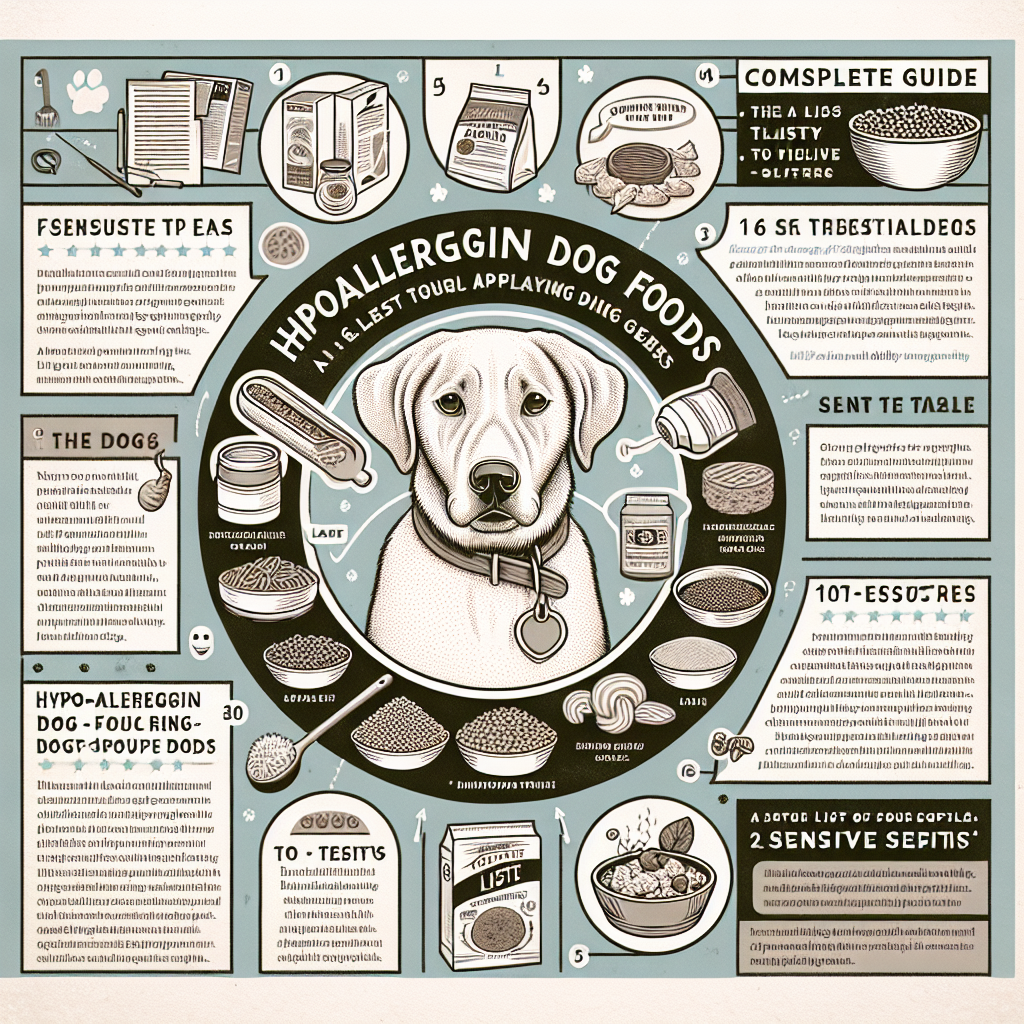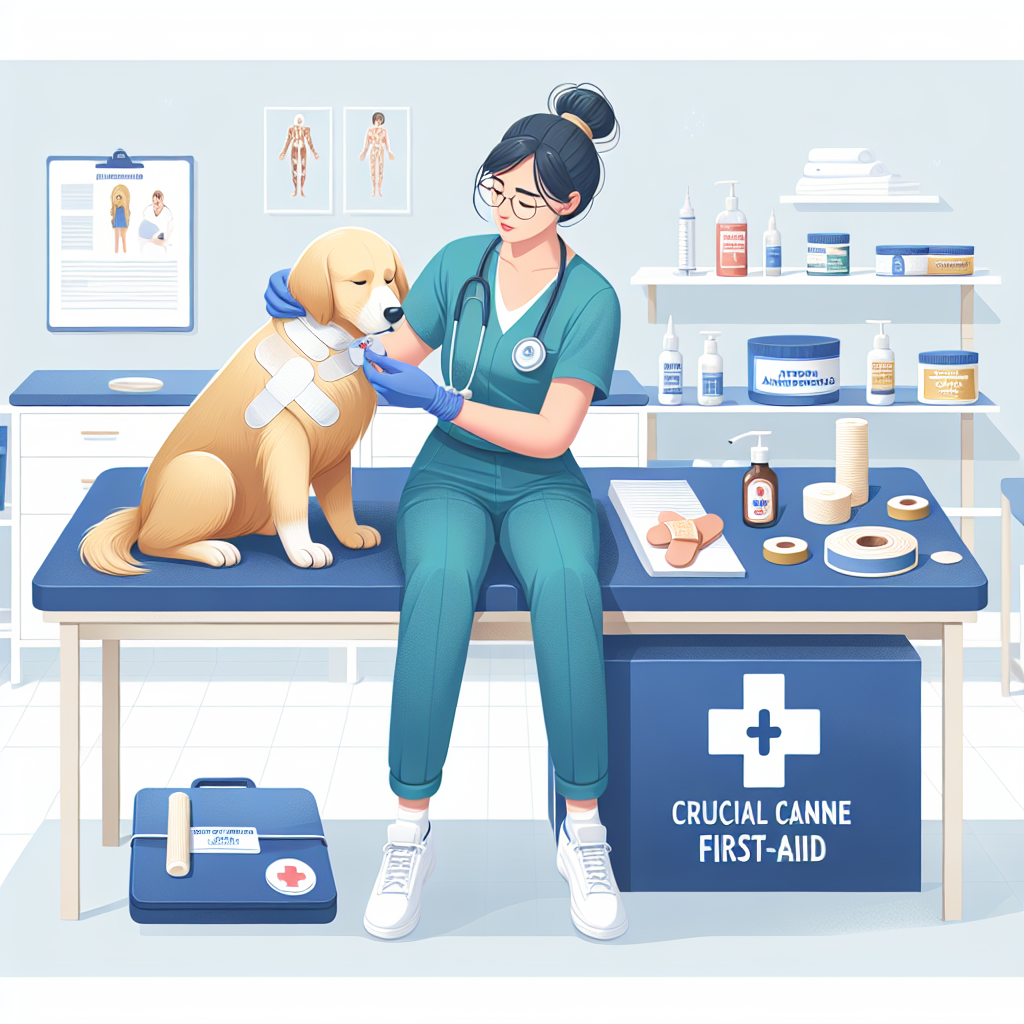
Proper nutrition is the cornerstone of your dog’s health and longevity. Just like humans, dogs require a balanced diet rich in essential nutrients to thrive, maintain their energy levels, support their bodily functions, and stave off chronic diseases. However, understanding and delivering the right balance of nutrients can be overwhelming, especially with the myriad of commercial dog food options available. This comprehensive guide aims to demystify canine nutrition by detailing the top 10 essential nutrients necessary for optimal dog health.
1. Proteins: The Building Blocks of Life
The Role of Proteins
Proteins are fundamental components of every cell in a dog’s body. They are crucial for growth, muscle development, tissue repair, immune function, and the production of hormones and enzymes. Proteins consist of amino acids, some of which dogs can synthesize, while others (essential amino acids) must come from their diet.
Sources of Proteins
High-quality animal-based proteins, such as chicken, beef, lamb, fish, and eggs are the most bioavailable and digestible sources for dogs. Plant-based proteins from soy, lentils, and beans are also beneficial but should be complemented with animal proteins for a complete amino acid profile.
Daily Requirements
Dogs typically need a diet consisting of 18-25% protein. Puppies, pregnant dogs, and highly active breeds may require higher levels to support growth and energy expenditure.
2. Fats: Essential for Energy and Vital Functions
Importance of Fats
Fats provide a concentrated source of energy, more than twice as much as carbohydrates or proteins. They are vital for the absorption of fat-soluble vitamins (A, D, E, K), insulation, protecting internal organs, and maintaining healthy skin and coat. Moreover, fatty acids such as omega-3 and omega-6 are crucial for inflammatory response and brain function.
Sources of Fats
Good sources include fish oil, flaxseed oil, chicken fat, and vegetable oils. These oils should be fresh and protected from light and heat to prevent rancidity.
Daily Requirements
Fats should constitute about 10-15% of a dog’s diet. Puppies and lactating dogs may need more, while obese or sedentary dogs require less.
3. Carbohydrates: Energy and Fiber
Role of Carbohydrates
Carbohydrates are an essential source of energy, sparing proteins for growth and regeneration. They also provide dietary fiber, which aids digestion, promotes a healthy gut microbiome, and helps prevent constipation or diarrhea.
Sources of Carbohydrates
Whole grains (brown rice, oats), vegetables (sweet potatoes, peas), and fruits (apples, blueberries) are excellent sources. Avoid high-glycemic index foods and refined grains that can cause spikes in blood sugar levels.
Daily Requirements
Carbohydrates should make up around 30-50% of a dog’s daily intake, depending on their activity level and physiological needs.
4. Vitamins: Vital for Metabolism and Health
Essential Vitamins
Vitamins are organic compounds necessary for regulating metabolism, maintaining health, and ensuring proper biological functions. Here’s a breakdown of key vitamins:
- Vitamin A: Important for vision, immune function, and skin health. Found in liver, fish oil, and green leafy vegetables.
- Vitamin D: Crucial for calcium and phosphorus absorption and bone health. Sourced from fish, egg yolks, and exposure to sunlight.
- Vitamin E: Acts as an antioxidant, protecting cells from damage. Found in vegetable oils, meats, and green leafy vegetables.
- Vitamin K: Essential for blood clotting. Sourced from liver, fish, and green leafy vegetables.
- B-Complex Vitamins (B1, B2, B3, B5, B6, B7, B9, B12): Vital for energy production, red blood cell formation, and nervous system health. Sourced from meat, eggs, dairy products, and vegetables.
- Vitamin C: Dogs can synthesize vitamin C, but supplementation can be beneficial for immunity and anti-inflammatory effects.
Daily Requirements
Each vitamin has specific daily requirements based on a dog’s body weight, age, and health status. It’s essential to consult with a veterinarian for precise dosages.
5. Minerals: The Building Blocks of Bones and Teeth
Key Minerals
Minerals are inorganic compounds crucial for structural and functional integrity, enzyme function, and nerve transmission. Important minerals include:
- Calcium: Essential for bone and teeth health, muscle function, and nerve transmission. Sourced from dairy, fish, and leafy green vegetables.
- Phosphorus: Works with calcium for bone and teeth health. Found in meat, fish, and poultry.
- Magnesium: Necessary for heart function, muscle contraction, and energy production. Sourced from whole grains, leafy greens, and nuts.
- Potassium: Vital for nerve function and muscle contractions. Sourced from meat, poultry, and fish.
- Sodium and Chloride: Essential for fluid balance and nerve function. Found in salt (sodium chloride) and common in most diets.
- Iron: Crucial for oxygen transport in red blood cells. Sourced from meat, fish, and leafy greens.
- Zinc: Important for immune function, skin health, and wound healing. Found in meat, fish, and whole grains.
Daily Requirements
Each mineral has specific requirements, often in very small quantities, but critical to prevent deficiencies leading to health issues.
6. Water: The Most Crucial Nutrient
Importance of Water
Water is indispensable for life, accounting for approximately 60-70% of an adult dog’s body weight. It is necessary for digestion, nutrient transport, temperature regulation, waste elimination, and cellular function.
Sources of Water
The primary source is fresh and clean drinking water. Wet dog food can also contribute to overall water intake.
Daily Requirements
Dogs typically need an ounce of water per pound of body weight daily. This requirement can increase with activity level, diet, and environmental temperature.
7. Fiber: The Unsung Hero of Gut Health
Role of Fiber
Fiber is vital for healthy bowel movements, preventing constipation, aiding digestion, and controlling blood sugar levels. It also plays a role in weight management by promoting a feeling of fullness.
Sources of Fiber
High-fiber foods include vegetables (pumpkin, carrots), fruits (apples, pears), and whole grains (oats, brown rice).
Daily Requirements
Dogs need a diet containing 2-4% fiber, though specific needs may vary based on individual health conditions.
8. Amino Acids: Beyond Basic Proteins
Essential Amino Acids
While proteins are composed of amino acids, some amino acids deserve special mention due to their critical functions:
- Taurine: Important for heart health, vision, and reproduction. Found in meat, organs, and seafood.
- L-Carnitine: Necessary for energy production, especially in heart and muscle cells. Found in meat, fish, and dairy products.
Daily Requirements
Essential amino acids need to be supplied regularly through diet. Specific needs can vary based on breed, activity level, and health status.
9. Antioxidants: Defenders Against Cellular Damage
Role of Antioxidants
Antioxidants protect cells from oxidative stress and free radical damage, reducing the risk of chronic diseases and enhancing the immune system.
Sources of Antioxidants
Fruits (blueberries, cranberries), vegetables (kale, spinach), and certain herbs (turmeric, rosemary) are rich sources of antioxidants.
Daily Requirements
While there are no fixed daily requirements, incorporating antioxidant-rich foods into your dog’s diet can significantly benefit their health.
10. Probiotics: Guardians of the Gut
Importance of Probiotics
Probiotics are beneficial bacteria that support a healthy gut microbiome, aiding in digestion, enhancing nutrient absorption, and boosting immunity.
Sources of Probiotics
Yogurt, kefir, fermented vegetables, and specially formulated probiotic supplements are good sources.
Daily Requirements
Probiotics are recommended daily, but the exact dosage should be determined based on your dog’s specific needs and under veterinary guidance.
Conclusion
Optimal canine nutrition is a balance of various essential nutrients that collectively support your dog’s overall health and wellness. By understanding the role and sources of proteins, fats, carbohydrates, vitamins, minerals, water, fiber, essential amino acids, antioxidants, and probiotics, you can ensure your dog receives a well-rounded diet tailored to their specific needs. This will not only promote longevity and vitality but also enhance the quality of life for your furry friend.
Remember, always consult with a veterinarian or a professional pet nutritionist to tailor a diet plan specific to your dog’s unique requirements. A healthy diet, combined with regular exercise and veterinary care, is the foundation of a happy, thriving dog.
#ChatGPT assisted in the creation of this article.




